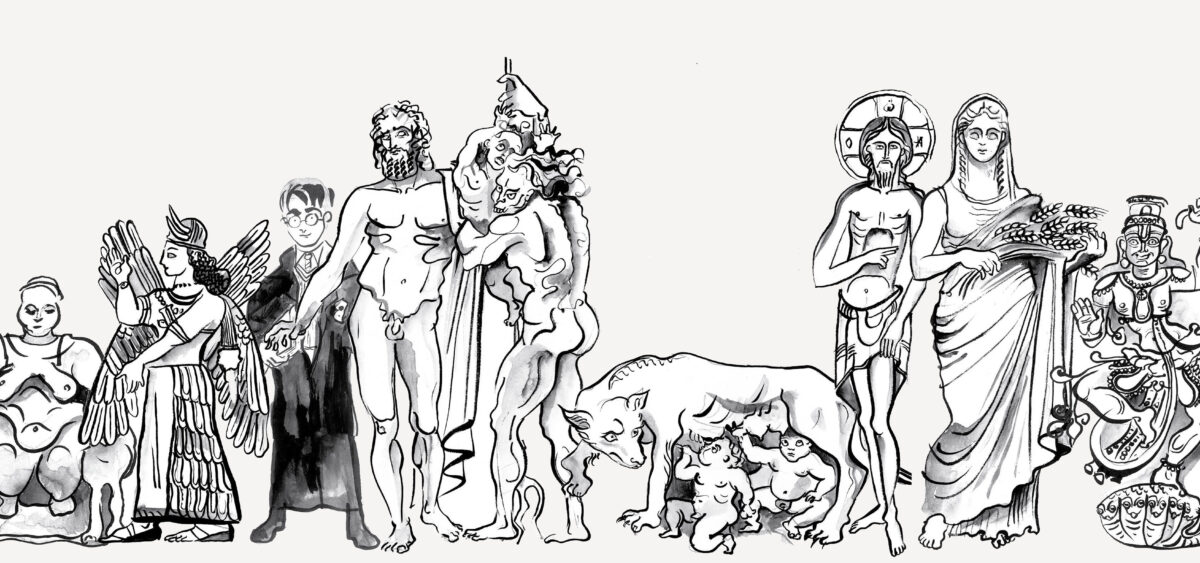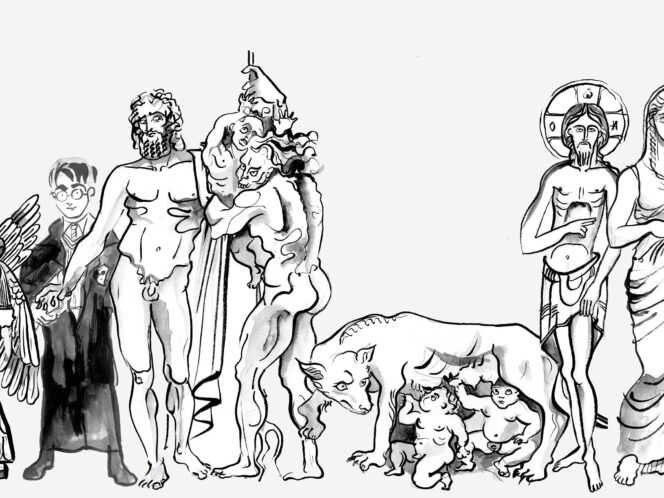
“Critics make a distinction between the Jesus of history – the man who walks the Galilean hills – and the Jesus of faith, who is, as you say, sort of a mythical legendary figure. And I think the difficulty is in separating the two,” says theologian and historian Helen K. Bond as she talks to Tomasz Stawiszyński about the myths and realities around Christianity’s most important prophet.
Tomasz Stawiszyński: Did Jesus really exist?
Helen K. Bond: Yes, I think so. There’s some very good evidence that he existed, actually more than with Alexander the Great or many other famous figures from the ancient world. And you have to remember that he’s a provincial figure: he’s not of the elite, he’s not the kind of person you would expect much literature to be written about, and yet, within twenty years after his death, we have Paul’s letters. Paul knows people who knew Jesus, that’s really clear from the letters. I think that’s a pretty good basis for believing that Jesus did exist.
Saint Paul’s letters are the foundation of Christianity. In what sense and to what extent can we interpret them as historical documents?
There are other historical sources. Undoubtedly, the best evidence comes from outsiders or opponents. Josephus mentions Jesus in his Antiquities of the Jews, and that’s written around 100 AD. There’s a paragraph about Jesus, although the difficulty is that people think that it’s been tampered with by Christians – the general scholarly view at the moment is that Christians have added certain bits and maybe taken something away. Still, there is also a bit about Jesus in another part of the Antiquities, where Josephus talks about his brother, James, and also we get references to Jesus in other Roman texts, but they’re all second century. Roman writers generally aren’t very interested in Jesus. He’s a provincial, he’s the founder of






